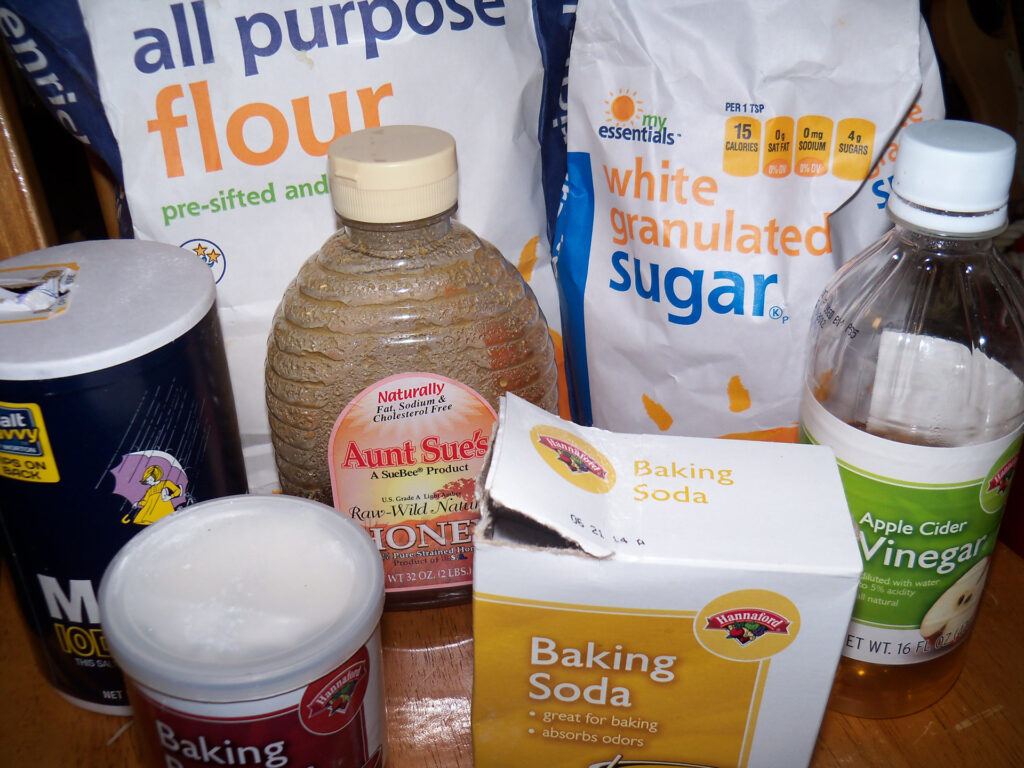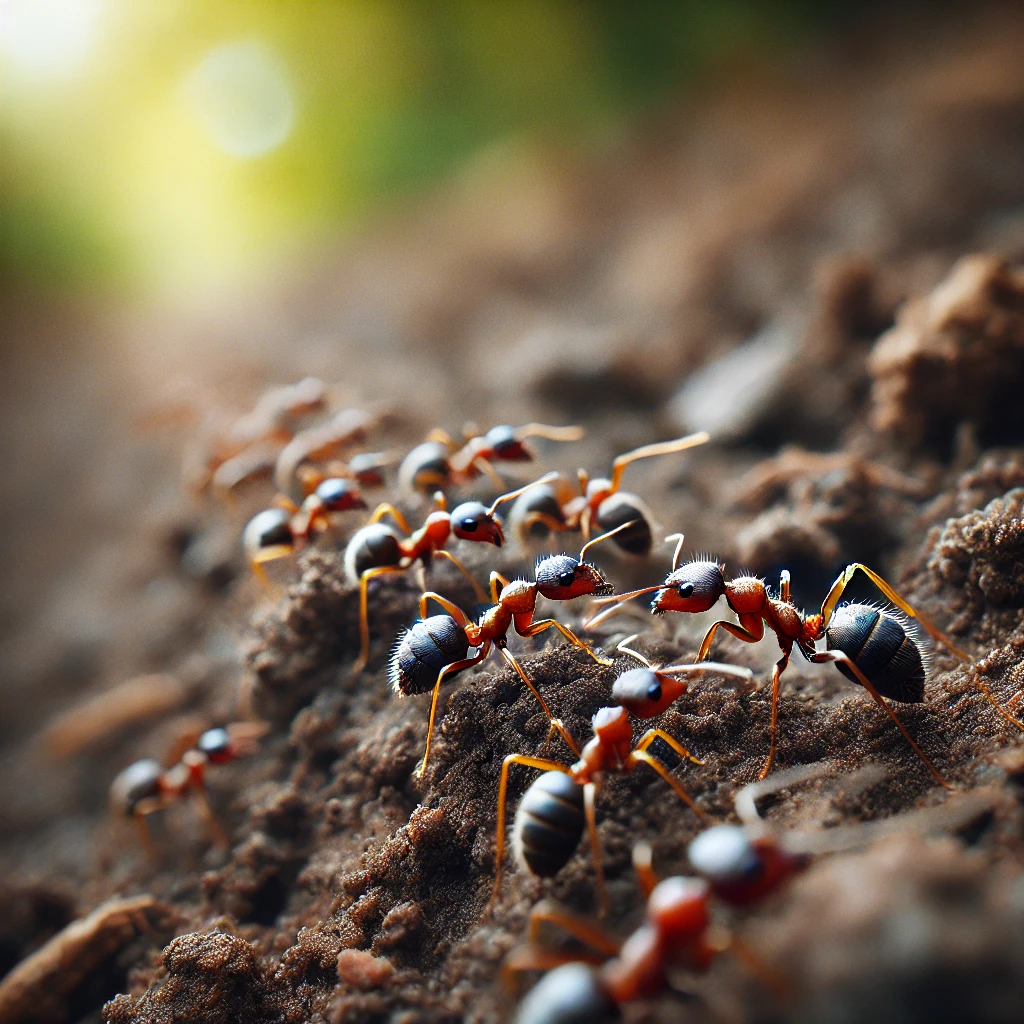Vinegar and Baking Soda for Ant Control: How Effective Are They?
When it comes to dealing with ants in your home, many people turn to natural remedies like vinegar and baking soda. These household staples are often recommended as eco-friendly alternatives to chemical pesticides. However, their effectiveness can vary depending on the situation, and they may not always deliver the results you’re hoping for. What you can realistically expect from these methods? .Here’s a closer look at how vinegar and baking soda work against ants.
Vinegar: A Natural Ant Repellent
Does Vinegar kill ants? Well, vinegar, particularly white vinegar, is often used as a natural remedy to repel ants. The strong, pungent odor of vinegar can interfere with the scent trails ants rely on it to navigate and communicate with one another. Ants use these trails to find food sources and return to their nests. Therefore, disrupting them can make it more difficult for ants to invade your home or find their way back to their colony.
To use vinegar as an ant deterrent, you can create a solution of equal parts water and vinegar, then spray it directly on the ants and along their trails. The acidic smell will cause them to scatter and discourage them from returning to the treated areas. However, it’s important to note that vinegar doesn’t kill ants—it only repels them temporarily. Because the scent fades over time, you’ll need to reapply the vinegar solution regularly to maintain its effectiveness.
Moreover, vinegar’s effectiveness as a repellent can be limited depending on the severity of the infestation. While it may help reduce the number of ants you see, it won’t address the root of the problem, particularly if the ants have already established a nest inside or near your home.
Baking Soda: A Natural Ant Killer?
Baking soda is another common household item that’s often suggested as a way to kill ants. The idea is that when ants consume a mixture of baking soda and a sweet attractant like sugar, the baking soda will react with the acid in their digestive system, producing gas that can be fatal. This method relies on the ants taking the bait back to their colony, where other ants might consume it as well.
However, this method is not without its limitations. For one, ants may not be as attracted to the baking soda mixture. Ants are picky eaters and might ignore baking soda for something more appealing. The type of ant also matters; some species are more resistant to this method than others.
Even if some ants do consume the baking soda, the results can be inconsistent. While the theory behind this method is sound, it doesn’t always work as effectively as one might hope. It’s more of a hit-or-miss approach rather than a reliable solution.

Conclusion: Natural Remedies vs. Conventional Methods
Vinegar and baking soda can help with ant control, but they aren’t the most effective options. Vinegar acts as a temporary repellent but needs frequent reapplication and doesn’t kill ants. Baking soda might kill some ants, but its effectiveness is inconsistent and depends on factors like the ant species and other available food sources.
For reliable and long-term ant control, use products specifically designed for the job, like ant bait stations or chemical insecticides. These methods target the entire colony, not just the visible ants, offering a more comprehensive solution. Combining natural remedies with targeted approaches can help you develop an effective strategy to keep your home pest-free.
Learn about ants here.
You can also call a local pest control company to come out and help, for instance Orkin Pest Control.


No responses yet